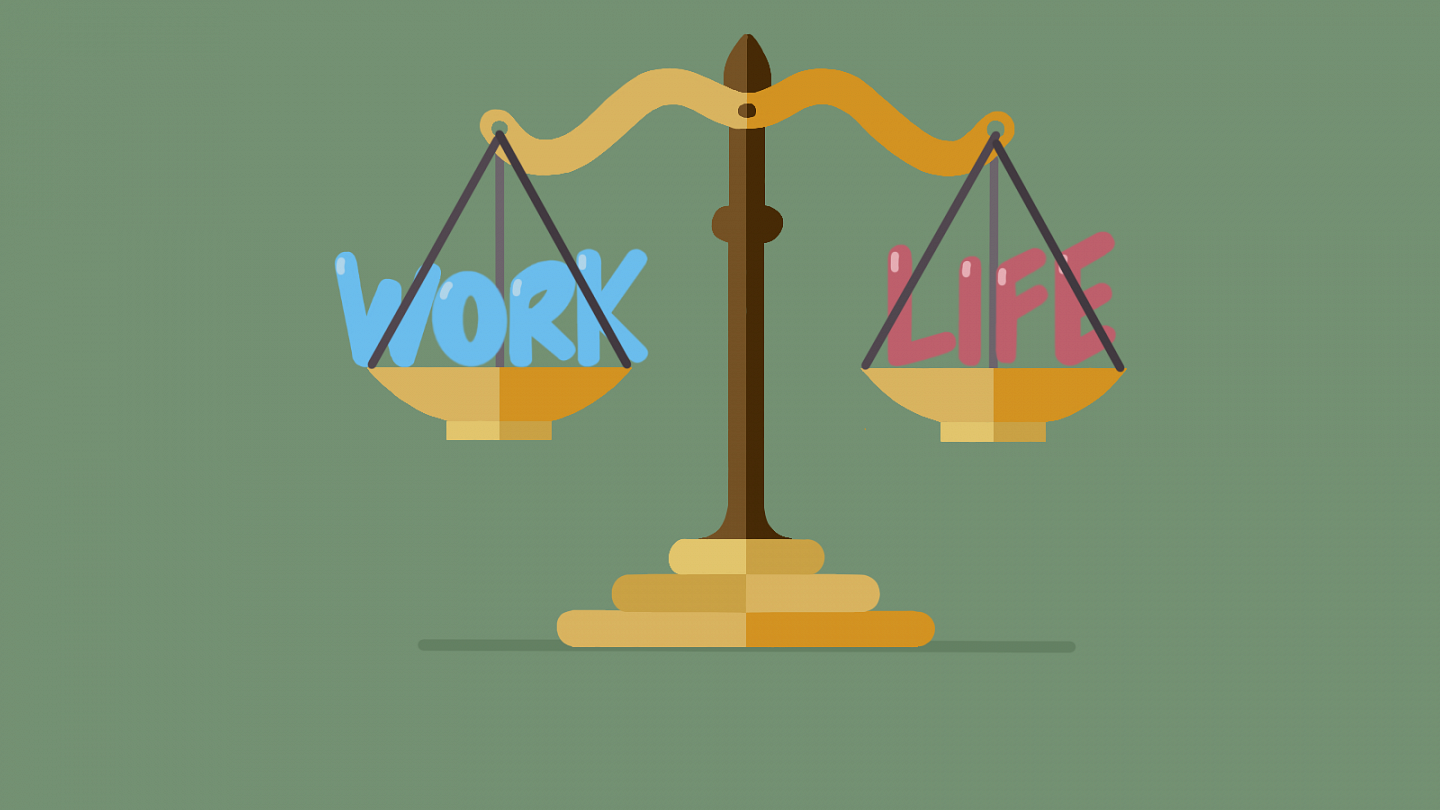
COVID-19 has flipped the world upside down. Any source of routine and normalcy has been completely thrown out the window. Your bedroom has become your classroom, and your kitchen counter is now a makeshift home office. It’s never been easier to sacrifice your personal life for school and work.
For all these reasons, I decided to attend a work-life balance workshop hosted by Allen Hall Public Relations (AHPR).
A former communications and public relations executive at Edelman and Weber Shandwick, Mark Mohammadpour shifted his career objective to empowering employees to put themselves first. Today, he is the owner and chief wellness officer of Chasing the Sun. During the workshop, Mohammadpour taught AHPR students how to prioritize their well-being through a relatable, practical and actionable approach. Here are my main takeaways.
1. Mentally separate work and personal life.
The lines between work and life are easily blurred in this new virtual workplace. I often find myself answering emails over my breakfast or attending Zoom calls from the comfort of my bed. When you work from home, the office is inescapable. I spent the majority of my freshman year cooped up in my Kalapuya Illihi dorm while COVID-19 quickly took precedent in the outside world. The desk positioned snuggly next to my twin XL bed became the place where I got ready, attended class, ate and studied. It was the first time I couldn’t separate work and life and, consequently, the first time I realized work-life balance was crucial.
To mentally separate work and life, you need to be clear about your boundaries. Mohammadpour talked about the importance of setting expectations with your co-workers about your out-of-office time. Indicate when you start and stop work — and stick to it.
There’s always more to do. I often fall victim to spending my “rest time” thinking about the work I could be doing or getting distracted by emails. Being intentional about your rest time will help you avoid feeling guilty about the time you spend away from work. To do this, you have to keep work and life in two separate mental states: In one state, you can work productively, and in the other state, you can turn off work to focus on your relationships, hobbies and well-being.
2. Take advantage of your time off.
In 2018, 768 million U.S. vacation days went unused. The evidence is clear: Employees no longer prioritize time off. Why not? It’s no secret that we perform our best when we are mentally and physically rested. COVID-19 may have eliminated the need for traditional vacation days accessible through travel. But don’t underestimate the power of taking time off for you!
Mohammadpour practices what he coined the “6-3-1” approach to managing time off. Every six months, he takes one week off. Every three months, he takes a long weekend off. Every month, he takes a half-day. This way, he can supply himself with ample rest time to ensure that he returns to work refreshed. Rest interrupts your usual cycle of stress so you can transition to a healthier state, mentally and physically. Reduced stress is the catalyst to clear thinking and heightened productivity and creativity.
3. Stay active during the day.
Exercise produces endorphins, which are your brain’s feel-good neurotransmitters. The release of endorphins has been shown to improve the quality of your sleep, thus reducing stress.
We all know we need to exercise, but finding the time amid our busy schedules has become increasingly challenging. Mohammadpour chose to adopt a “walk-and-talk” tactic, where he opts to switch his Zoom calls to phone calls. Instead of remaining sedentary at his desk, he can have necessary conversations while taking a walk outdoors. In addition, every time one of Mohammadpour’s meetings gets canceled and frees up space in his calendar, he chooses to spend that time being active. These small exercise victories you can implement into your day yield big wins for your mental and physical health — and your work will reap the benefits.
According to a recent Gallup Poll, 76 percent of workers say they have experienced burnout at their current job. Don’t be one of those percentage points. Finding a work-life balance is an essential practice for preventing burnout. So the next time you start to feel overwhelmed at work, take a deep breath, get active, take time off and rediscover the separation between work and life.
— Whitney Conaghan, class of '24
Whitney Conaghan, class of ’24, is a public relations major and multimedia minor. She is currently working as an events and social media intern for the SOJC’s Communication Team.
